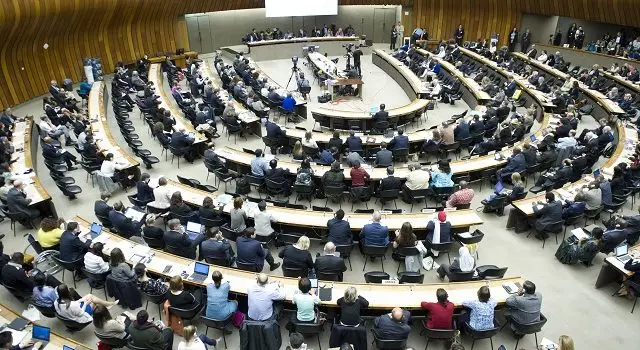A new article just published in the American Heart Association’s Circulation journal reviews the current gaps in the prevention and management of CVD compared with the evidence (evidence-practice gaps), barriers to closing evidence-practice gaps, and targets for resource-effective interventions.
The review is titled ‘Resource Effective Strategies to Prevent and Treat Cardiovascular Disease’ and is co-authored by J.D. Schwalm, Martin McKee, Mark D. Huffman and World Heart Federation President, Salim Yusuf.
It focuses on ischemic heart disease and stroke (the two leading contributors to the global burden of CVD), along with related risk factors, and also includes a review of a select number of novel, resource-efficient population, individual, and health system strategies to overcome identified barriers.
World Heart Federation President, Dr Salim Yusuf:
“There are so many simple treatments and prevention strategies to control CVD but their use is low, even in rich countries, and much worse in poor countries. Simply implementing what we already know works will benefit millions of people worldwide. The World Heart Federation is committed to translating our current knowledge into practice in all countries and settings through our CVD Roadmaps and other implementation strategies.”


